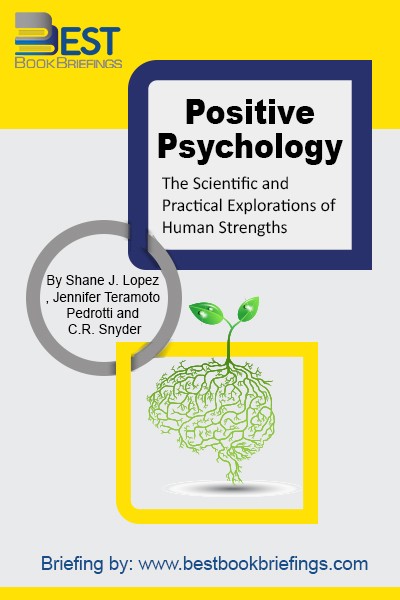Positive Psychology
The Scientific and Practical Explorations of Human Strengths
Editorial Review
Positive psychology is the study of what Robert F. Kennedy calls, “the things in life that make it worthwhile.” In this regard, however, imagine that someone offered to help you understand human beings but in doing so, would teach you only about their weaknesses. As far-fetched as this sounds, a similar What is wrong with people? question guided the thinking of most applied psychologists during the last 100 years. This question produced an avalanche of insights into the human 'dark side.' As the 21stcentury unfolds, another question, What is right about people? seems to captivate the masses. This question is at the heart of positive psychology, which is the scientific and applied approach to uncovering people's strengths and promoting their positive functions.
Book Reviews
Books on Related Topics
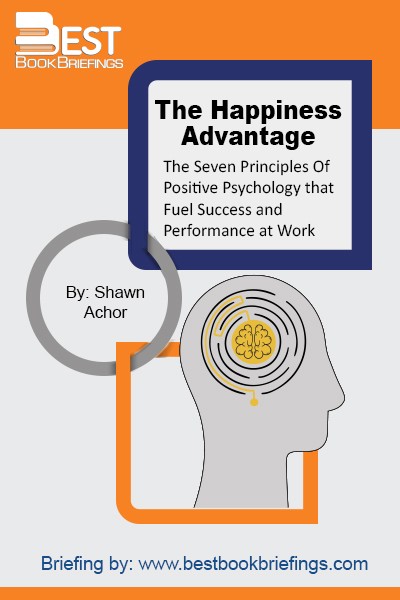
If you observe the people around you, you’ll find most individuals follow a formula that has been subtly taught to them by their schools, their company, their parents, or society. That is, if you work hard, you will become successful, and once you become ‘successful’, then you’ll be happy. This pattern
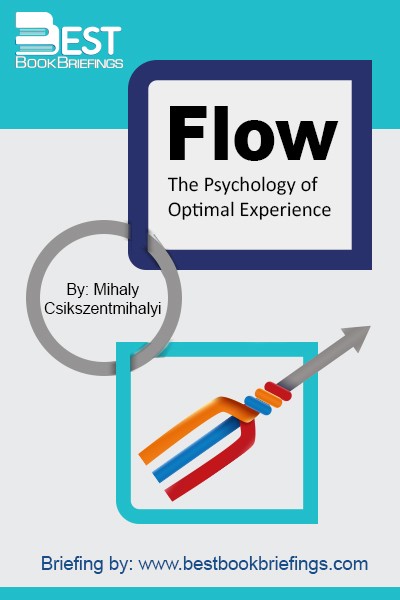
Happiness is not something that happens. It is not the result of good fortune or random chance. It is not something that money can buy or power command. It does not depend on outside events, but rather, on how we interpret them. Happiness, thus, is a condition that must be prepared
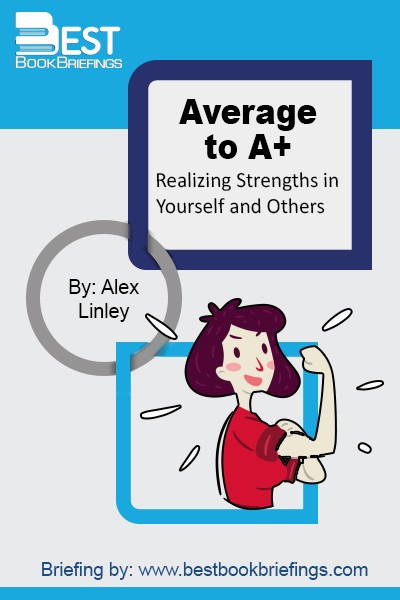
We all want to be better than average. We want to be A+. What does it take to be A+? The essence of being A+ is that we need to realize strengths in ourselves and others. We need to become and continue becoming the best that we can be, as well
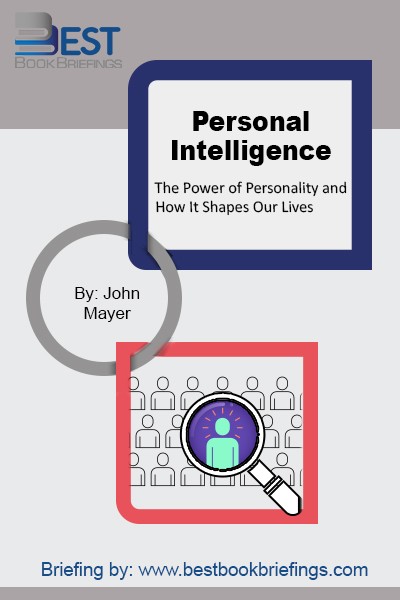
Today, many psychologists are developing new accounts of how personality works based on the rapid accumulation of findings of the field, namely, the theory of a new human intelligence – a mental capacity that we use to guide our lives – to reason about ourselves and other people. This ability to

Positive intelligence provides answers to most of our pressing questions: Why do most dieters succumb to yo-yo dieting? Why is our increased happiness so fleeting after we achieve what we thought would bring lasting happiness? Why do new leadership skills acquired in workshops soon give way to old habits? Why do

